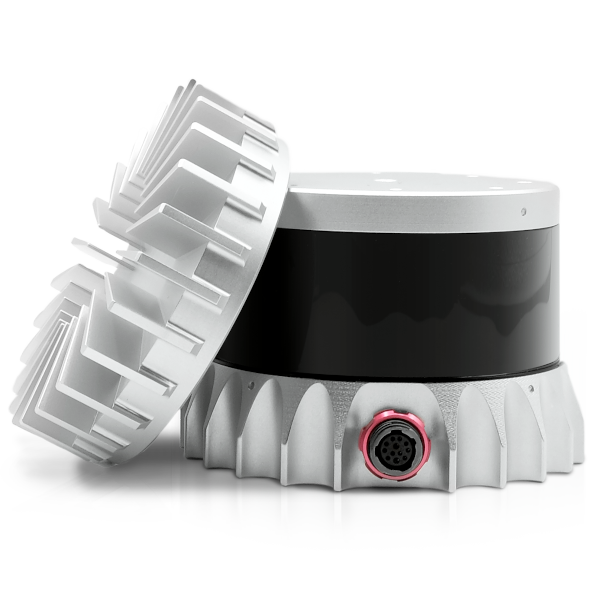Augmentations
Quadruped B1 can be upgraded with different sensros and some other accessories. These upgradations require some modifications in the robot software which is detailed below.
Z1 Installation

The B1 can be combined with the Z1 manipulator which is a robotic manipulator arm that has three degree-of-freedom (DOF) arm, which means it has three joints that allow it to move and manipulate objects in three-dimensional space. The arm is attached to the robot’s body via a rotating joint that allows it to move independently of the robot’s locomotion. This enables the B1 to walk on four legs while using its arm to manipulate objects or perform other tasks. Furthermore, the end effector on the Z1’s robotic manipulator arm is a gripper, which can open and close to grasp objects. The gripper is capable of exerting a maximum force of 30N, which is sufficient to lift and manipulate objects weighing up to 1kg. The arm can also rotate around its base to adjust the orientation of the gripper, allowing the Z1 to grasp objects from different angles.
Note
For more information please contact info@mybotshop.de
Ouster Installation

For the ouster attachment, the following package has to be installed in the current workspace. The following tutorial can be followed or the provided description.
Note: This tutorial is to only be followed if the ouster software is not already pre-installed.
Install dependencies:
sudo apt install -y build-essential libeigen3-dev libjsoncpp-dev cmake
sudo apt install -y ros-$ROS_DISTRO-pcl-ros ros-$ROS_DISTRO-rviz ros-$ROS_DISTRO-tf2-geometry-msgs
Create a new folder in your catkin workspace
srcfolder namedthird_party:
cd ~/catkin_ws/src
mkdir third_party
cd third_party
Clone the repository into
utils:
git clone --recurse-submodules https://github.com/ouster-lidar/ouster-ros.git
Create your workspace afterwhich you can start configuring the Ouster:
cd ..
catkin build
source devel/setup.bash
Connect the ouster with an ethernet cable, and follow the instructions provided in the software user manual chapter 2.
It may take ~5 mins for it to be detected.
Next navigate to the
utils(if the ouster pkg is provided by us) and in there open a terminal and run:
chmod +x set_static_ip.py
python3 set_static_ip.py
Then make open up your ethernet connection that is in the settings and add a new connection. Give your desired name and then navigate to the
IPv4tab. In it change the connection toManual. In theAddressess, give the address as192.168.123.2and the net mask as255.255.255.0, and save. Then connect to this ip.
Verify that the computer is receiving data from ouster via:
catkin build source devel/setup.bash
Add a new launch file called
ouster.launchto the ouster-ros package in the launch directory, and configure the Lidar to your IP and your specifications:
<?xml version="1.0"?>
<launch>
<arg name="ouster_ns" default="ouster"/>
<arg name="sensor_hostname" default="192.168.123.35"/>
<arg name="udp_dest" default="192.168.123.6"/>
<arg name="lidar_port" default="46481"/>
<arg name="imu_port" default="45352"/>
<arg name="udp_profile_lidar" default=""/>
<arg name="lidar_mode" default="512x10" />
<arg name="timestamp_mode" default="TIME_FROM_ROS_TIME"/>
<arg name="metadata" default=""/>
<arg name="viz" default="false"/>
<arg name="rviz_config" default="$(find ouster_ros)/config/viz.rviz"/>
<arg name="tf_prefix" default=""/>
<include file="$(find ouster_ros)/launch/sensor.launch" pass_all_args="true"/>
<node pkg="tf" type="static_transform_publisher" name="lidar_to_robot" args="0 0 0.55 0 0 0 /base /os_sensor 100" />
</launch>
Verify installation via:
roslaunch ouster_ros ouster.launch viz:=true